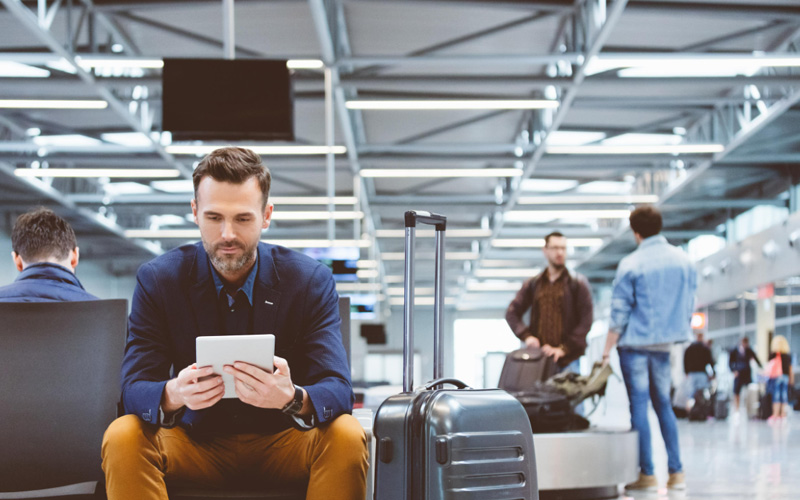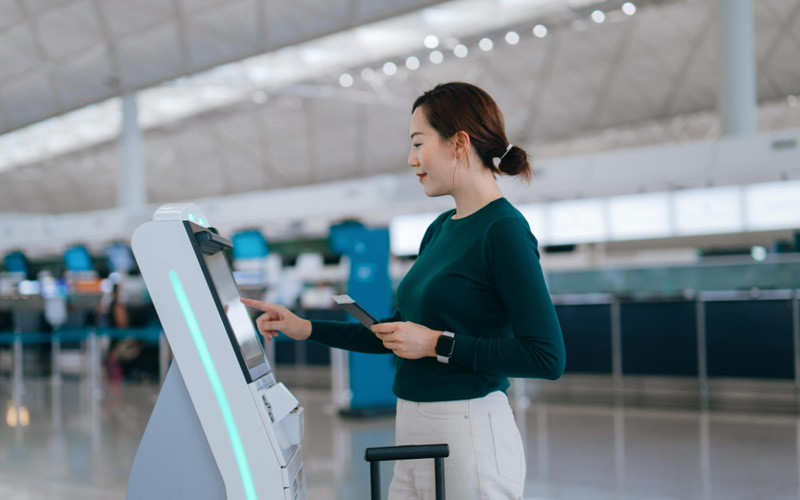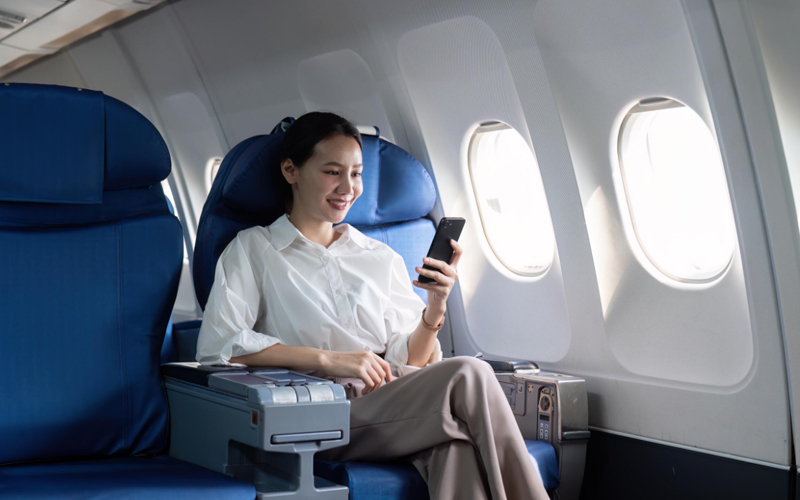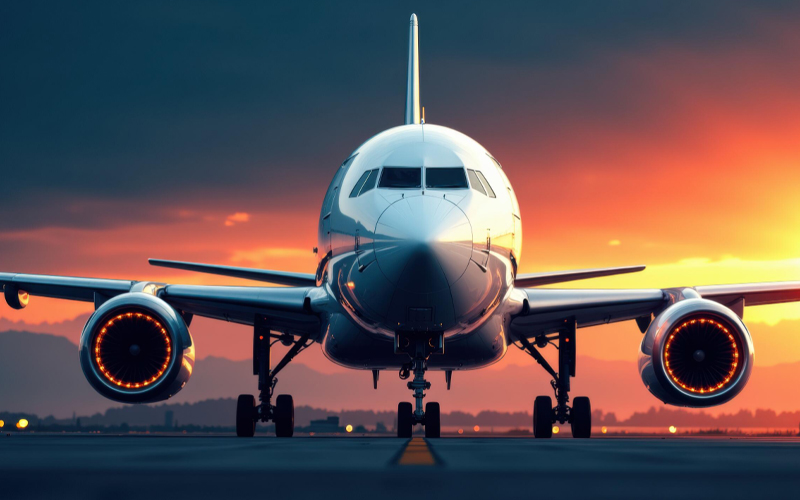The world of travel is undergoing a remarkable transformation. As consumer expectations shift and operational efficiency becomes essential, artificial intelligence in travel is emerging as a critical differentiator. From personalising itineraries to enhancing customer support, AI is streamlining the entire travel experience.
The AI market in travel and tourism is set to soar from $2.95 billion in 2024 to $13.38 billion by 2030, growing at a CAGR of 28.7%. This rapid growth highlights the increasing reliance on smart technologies to manage the complexity and scale of global tourism. With such momentum, travel businesses can no longer afford to overlook the benefits of integrating AI into their operations.
AI in the tourism industry
AI’s role in the travel sector has evolved rapidly. What began as a tool for managing data has become a strategic driver for innovation and growth. Today, AI in tourism has a broad spectrum of applications – from fraud detection and predictive analytics to delivering truly personalised experiences.
Personalised journeys and smart travel tools
Consumers today expect tailored experiences that cater to their preferences. AI-powered travel planning solutions can suggest destinations, activities, and accommodations based on past behaviour and real-time data. Predictive analytics also help anticipate customer needs, improving satisfaction and retention.
Dynamic pricing and intelligent forecasting
One of the most practical uses of AI in travel industry operations is dynamic, smart pricing. Machine learning algorithms analyse demand patterns, booking behaviour, and competitor rates to suggest optimal prices, helping travel companies remain competitive and profitable.
Seamless booking with conversational tools
AI-powered chatbots and virtual assistants are now commonplace in online booking platforms. These tools not only assist customers 24/7 but also learn from interactions to improve over time. Conversational AI simplifies itinerary changes, provides recommendations, and resolves queries without human intervention.
AI-enhanced support and robotic assistance
Airports, hotels, and cruise lines are integrating robots and AI-powered kiosks for direct customer interaction. These systems offer multilingual support, respond instantly, and help reduce queues to enhance the overall travel experience.
Operational efficiency through automation
Artificial intelligence in the travel industry optimises backend processes such as inventory management, route optimisation, and resource allocation. As a result, travel companies can gain greater agility and accuracy, reducing delays and improving cost efficiency.
Analysing sentiment and customer data
Through social media listening and review analysis, AI extracts valuable insights into customer sentiment. This data helps brands refine their offerings and tailor communications, ultimately increasing brand loyalty.
Infosys BPM brings deep domain expertise in implementing AI-powered solutions in the travel industry. From AI-powered fraud detection to journey mapping, Infosys BPM offers a comprehensive suite of next-gen solutions that enable travel businesses to automate processes, personalise interactions, and derive actionable insights at scale.
Challenges and ethical considerations when integrating artificial intelligence in travel
While the potential of AI in tourism is vast, several important challenges and ethical concerns need attention:
- Managing data privacy and user consent remains critical as AI systems rely heavily on personal information.
- Meeting strict regulations for high-risk AI systems presents challenges in both compliance and implementation.
- Ensuring algorithm transparency and accountability is essential for maintaining fairness and user trust.
- Preventing the reinforcement of existing biases and discrimination requires careful oversight and ethical design.
- Addressing potential job displacement and workforce disruption is vital for safeguarding the future of human roles in travel.
Future of AI in the travel industry
The role of AI in the travel industry is rapidly evolving, and the coming years will see it play an even more transformative role in travel.
- Hyper-personalisation of travel planning and services will cater to individual preferences in real time.
- Predictive analytics will enable businesses to offer tailored experiences throughout the entire customer journey.
- Integration with AR, VR, and IoT will create more immersive and interactive travel experiences.
- Smart baggage tracking and handling systems will enhance logistics and reduce lost luggage incidents.
- Voice assistants and conversational AI will improve traveller engagement and offer hands-free convenience.
- Autonomous systems delivering customer service without human input will become more prevalent, increasing efficiency and scalability.
Conclusion
AI is no longer futuristic; it is actively shaping better journeys and driving business growth. With intelligent systems transforming everything from planning to post-trip engagement, companies leveraging artificial intelligence in travel are better positioned to exceed customer expectations and stay ahead in a competitive market.








